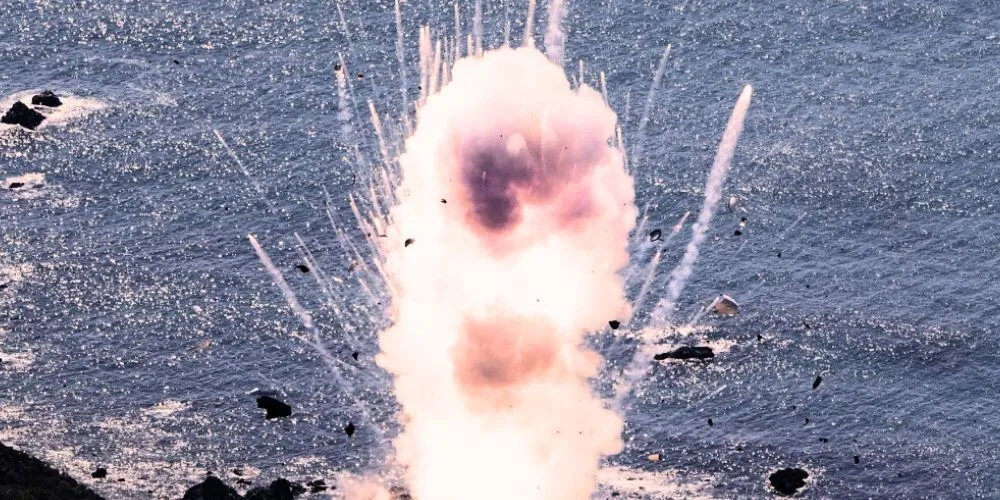Key Points:
- Tokyo-based startup Space One experienced a major failure as its solid-fuel Kairos rocket burst into flames seconds after liftoff.
- The rocket carried a mock-up of a government spy satellite and aimed to put Japan’s first privately developed satellite into orbit.
- Space One, established in 2018, aims to transition Japan’s satellite launch services from the public to the private sector.
- The startup envisions offering a “space parcel delivery” service to cater to the growing demand for quick and frequent launches of small satellites.
In a significant setback for Japan’s space development ambitions, Tokyo-based startup Space One experienced a major failure as its solid-fuel Kairos rocket burst into flames just seconds after liftoff. The incident occurred at a new space facility in Kushimoto, Wakayama Prefecture, where the 18-meter, 23-ton rocket attempted to put a mock-up of a government spy satellite into orbit.
The catastrophic failure unfolded shortly after 11 AM (JST), with the Kairos rocket exploding in midair just moments after liftoff. Fragments of the rocket were scattered over a nearby mountainous area and into the sea. While live news footage captured the dramatic event, firefighters worked to extinguish a large fire caused by the debris. Fortunately, there were no reported injuries.
Despite the failure, Wakayama Gov. Shuhei Kishimoto noted that the launch attempt represented a “big step forward” for Japan’s space endeavors. As programmed, the rocket autonomously executed a system to abort the flight, providing valuable data despite the mission’s brevity of just five seconds.
The launch was initially scheduled for Saturday but faced a last-minute postponement due to the detection of a ship in nearby waters just 10 minutes before liftoff. Space One had experienced delays, postponing its first rocket launch five times, citing challenges in parts procurement exacerbated by the COVID-19 pandemic and Russia’s invasion of Ukraine.
Space One, established in July 2018, is backed by an all-Japanese alliance, including Canon Electronics, IHI Aerospace, and Shimizu Corp. The startup aims to transition Japan’s satellite launch services from the public sector to the private sector, aiming to achieve 20 liftoffs by 2030. One of its envisioned services is a “space parcel delivery” service to meet the increasing demand for quick and frequent launches of small satellites by international and private-sector businesses.
While Space One faced this setback, Japan’s space exploration sector experienced recent success. The Japan Aerospace Exploration Agency (JAXA) launched its next-generation H3 rocket last month. This success boosted Japan’s satellite-launching and space exploration efforts after the failure of its initial model almost a year ago.





